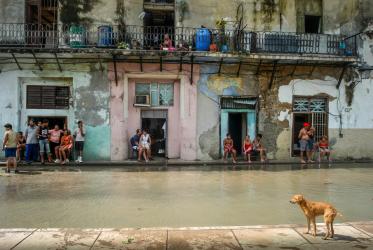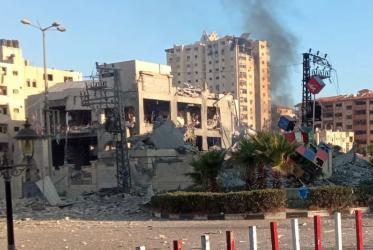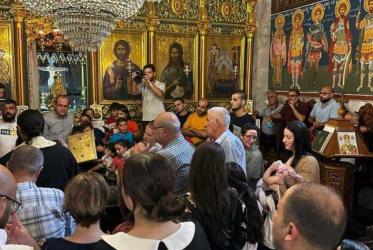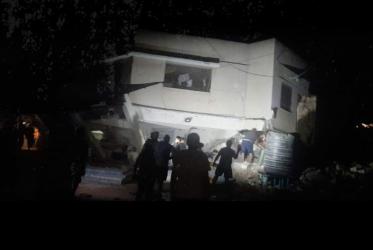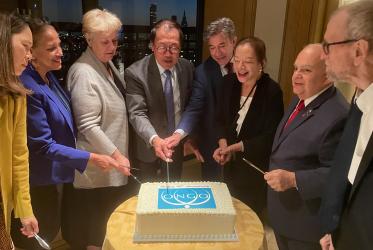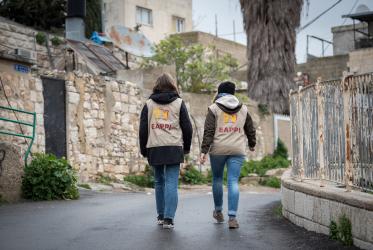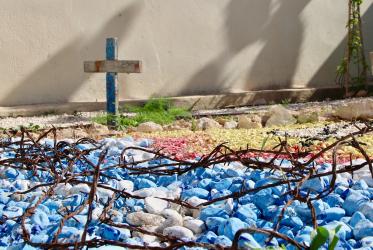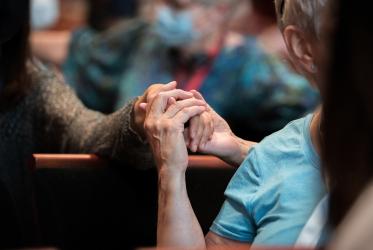Displaying 121 - 140 of 2661
„Die Menschen wollen ohne Angst und ständige Übergriffe leben“
31 October 2023
„Besetzung kann nicht ewig dauern“
29 October 2023
WCC guide raises awareness of obstetric fistula
26 October 2023
A Guide for Churches on the Prevention of Obstetric Fistula
26 October 2023
“The occupation can’t last forever”
25 October 2023
“They want to live without fear and constant harassment”
25 October 2023


